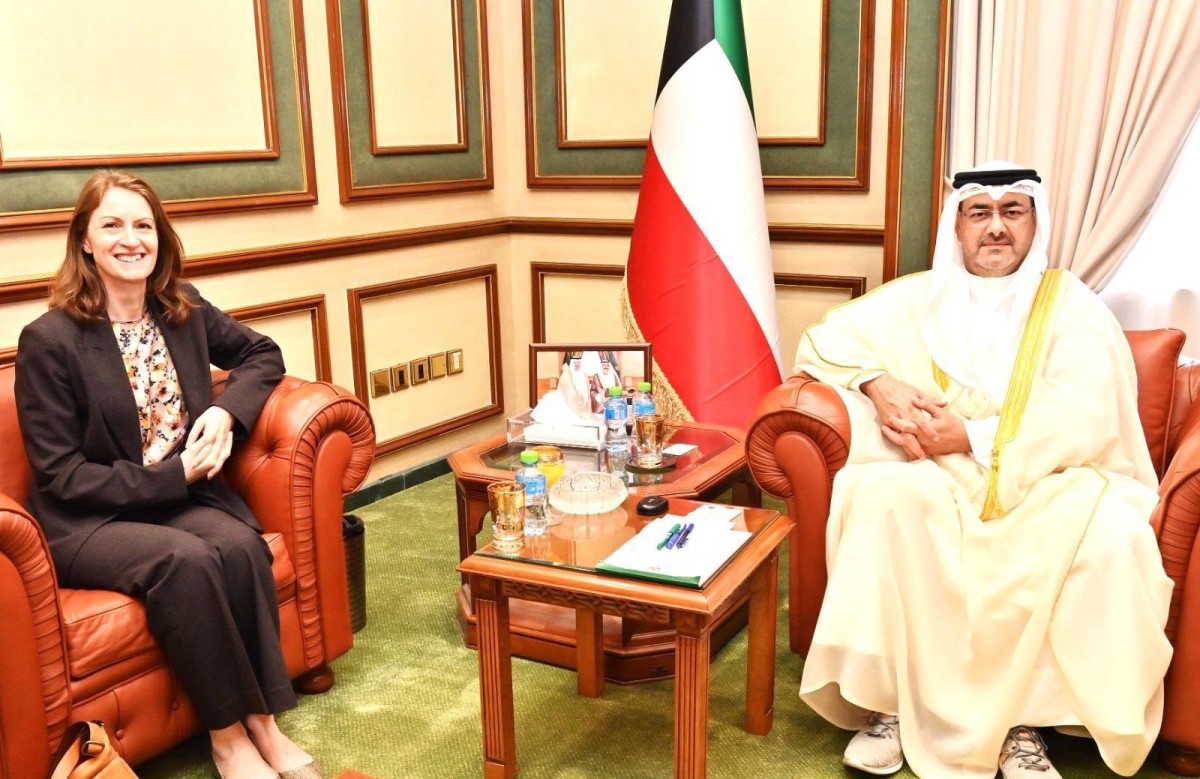04/09/2024
04/09/2024

LONDON, Sept 4 : Kuwaiti- British relations have developed over the years after having been founded 125 years ago, in the light of high-level agreements, initiatives, and visits aiming at promoting strategic bonds between both countries. This year marks the Kuwaiti-UK Partnership Year in 2024, the 125th anniversary of the bilateral relations between the two countries and more than 12 years since the launch of the UK-Kuwaiti Joint Steering Group. The two governments dubbed 2024 the year of Kuwaiti-British partnership, as per an agreement signed on the sidelines of an official visit by His Highness the Amir Sheikh Mishal Al-Ahmad Al-Jaber Al-Sabah, then Crown Prince, to the UK on August 29, 2023.
The beginning of diplomatic relations between Kuwait and the United Kingdom of Great Britain and Northern Ireland began with Sheikh Mubarak Al-Kabeer signing the 1899 Anglo-Kuwaiti agreement. Throughout those decades, cooperation and strategic partnerships took place, British merchants established their offices in Kuwait for the first time in 1793, and the East India Company transferred British headquarters to Kuwait from Basra in 1821, additionally, British oil companies contributed to oil discovery in Kuwait.

Kuwait is a major investor in Britain, especially in the financial and real estate sectors, with the Kuwait Investment Office in London dating back to 1953. Cooperation also happened in the form of supporting peace and stability in a changing region, combating threats like terrorism, developing a close military relationship, providing services to British citizens residing in Kuwait, and providing an effective visa service for visitors to the UK. The UK-Kuwaiti Joint Steering Group, which was formed in 2012, plays a constructive and important role in consolidating bilateral relations, where economic, commercial, cultural, and educational cooperation is being discussed at meetings. Discussions also include cooperation in programs related to energy transformation, climate, environment, food security, health, and pharmaceuticals, along with medical staff training programs. (KUNA)


